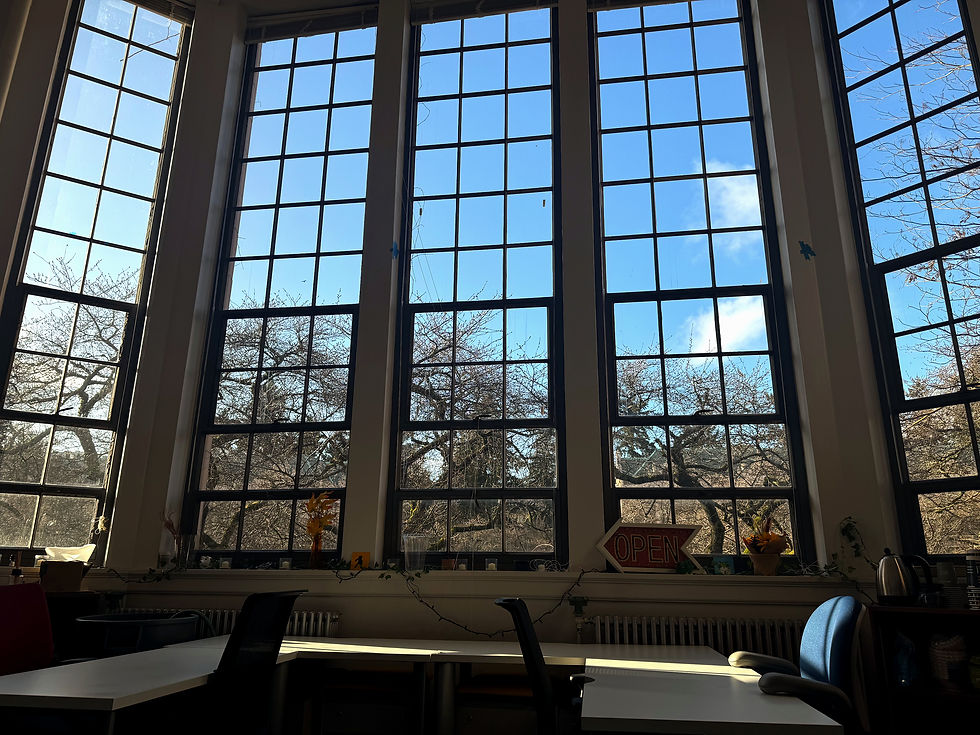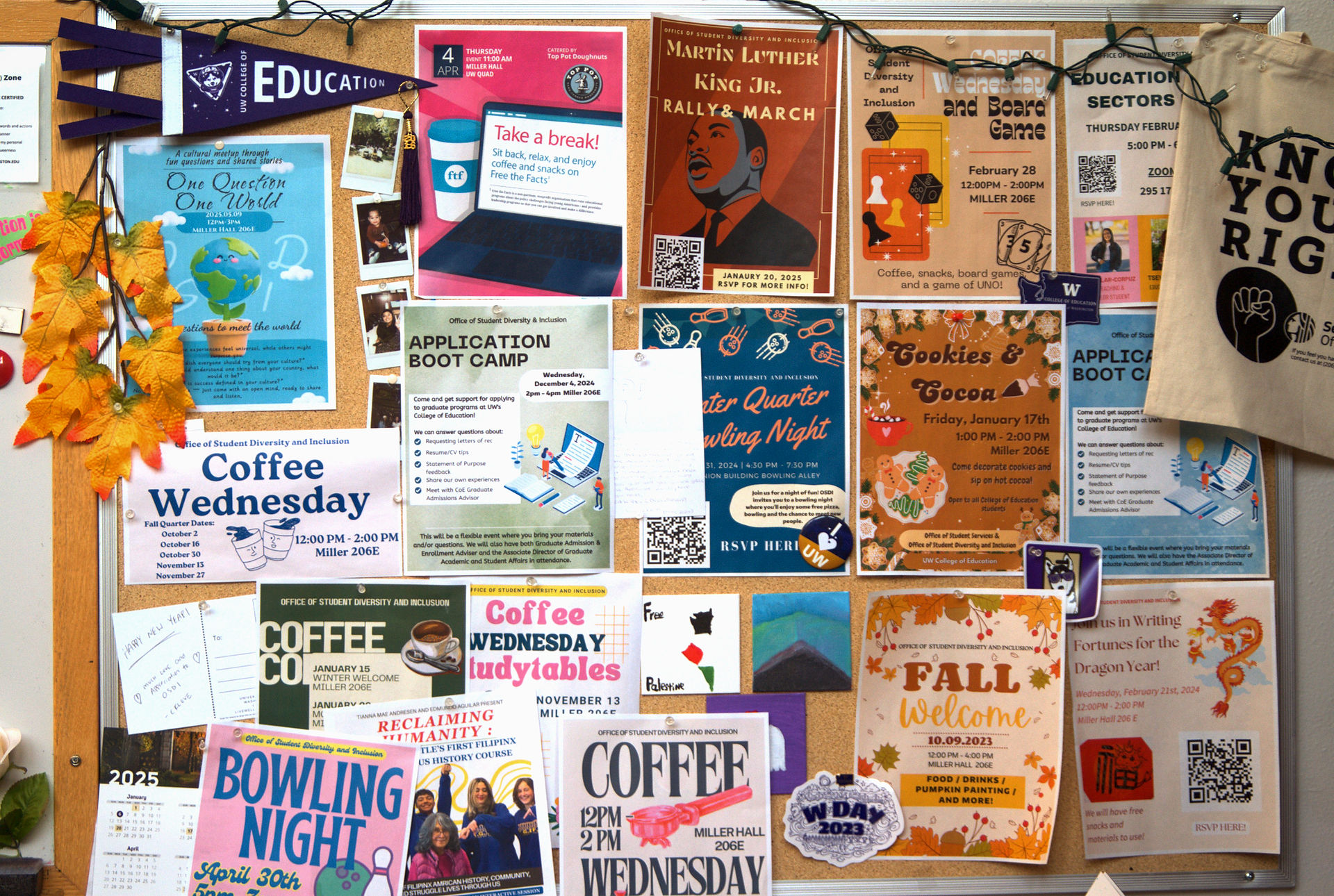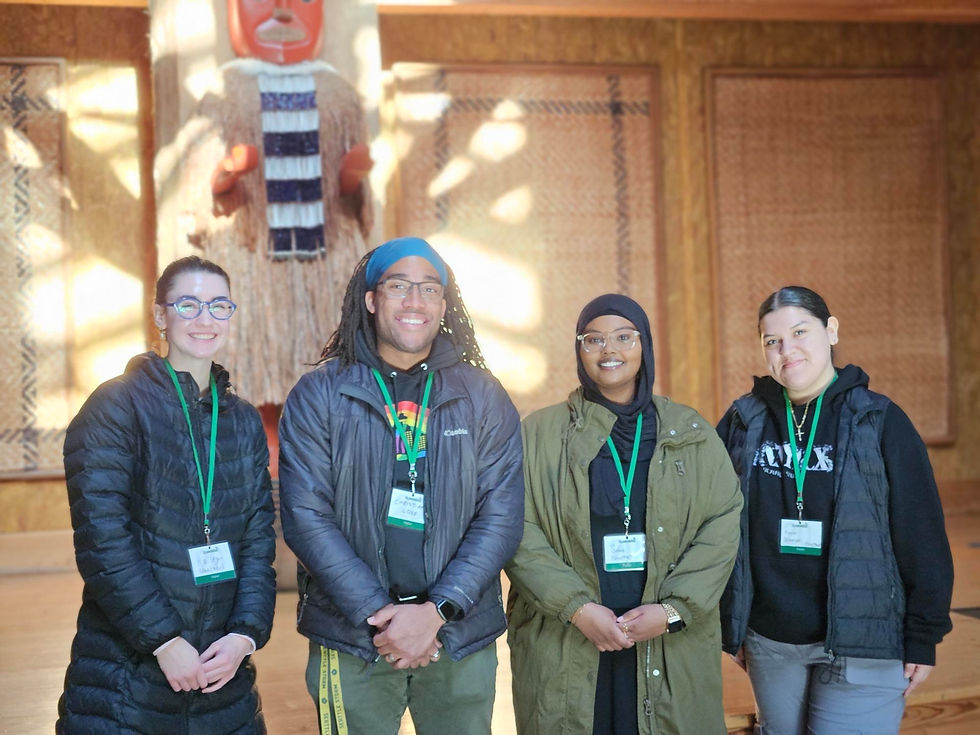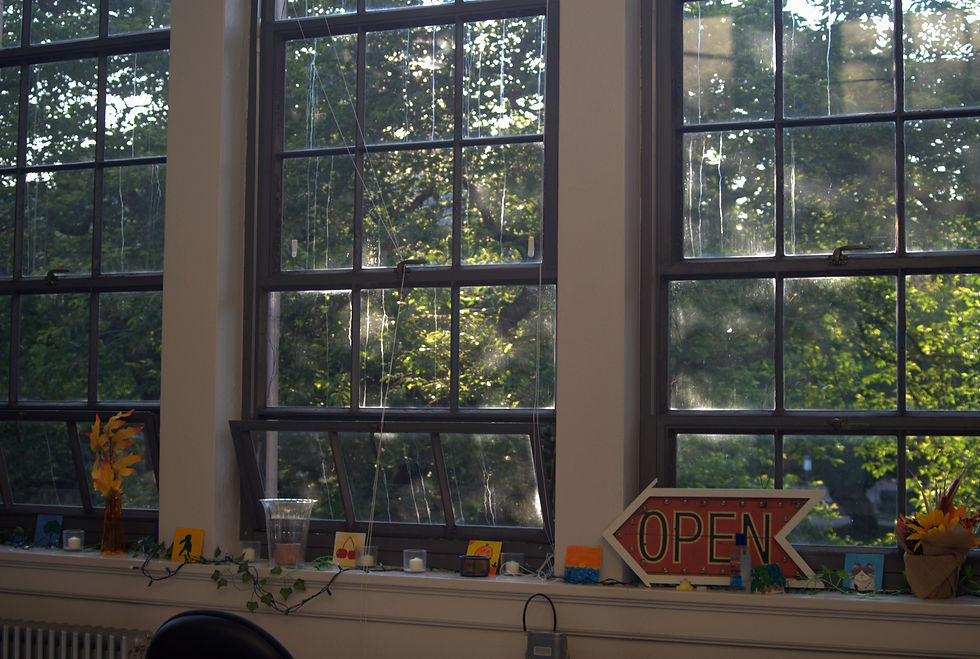Equitable Leadership
- Karen Steisi Ocampo
- Jun 5
- 3 min read
Updated: Jun 6
Articulate How You Are Able to Analyze Issues From Multiple Perspectives and Discern the Impact of Different Actions Across Multiple Constituencies.

Starting with the identities I hold, Latina, first-generation college student, part of the LGBTQIA+ community, and coming from a low-income background, my lived experience has shaped my understanding of how systems of power and privilege impact different communities, specifically the Latino community. These intersecting identities not only inform how I move through the world, but also serve as a lens through which I engage with others. They remind me that no two people experience systems or institutions the same way, and that being open to change, to the unknown, to perspectives different from my own, has been one of my greatest strengths and one of the greatest things that has served me well.
My community involvement reflects that openness. On campus, I am a proud member of Lambda Theta Alpha Latin Sorority, Inc., a nonprofit organization grounded in academic excellence, political awareness, cultural celebration, and community service. Beyond its focus on sisterhood, the organization has taught me how to build bridges across identities and issues. Similarly, my work with the College Assistance Migrant Program (CAMP), which supports students from seasonal farm working families, helped me understand educational inequity through the lens of immigration, labor, and rural access. Having gone through the program myself, then serving as a mentor, and finally working with staff to develop and launch a leadership position within the mentorship structure, I’ve been able to view the needs of students from multiple standpoints: as a peer, a guide, and a program partner.
On and off campus, my involvement with organizations like MEChA, the Latin Student Union, Unidas Seremos, and El Centro de la Raza, as well as volunteering in local K–12 schools, has allowed me to connect with broader communities beyond UW. Whether helping 4th graders build Spanish literacy or supporting middle school students and their families with college readiness nights, I’ve been able to witness how educational disparities persist across different age groups and identities, and how those disparities compound.
These experiences have all strengthened my ability to navigate and understand the complexity of student needs and institutional priorities. Whether it’s in my work with graduate staff on committees, managing digital outreach for OSDI, or planning events that center community, I am constantly balancing how different groups, current students, prospective students, staff, and community members engage with and experience campus life.
With that comes the need for awareness of all possibilities. As we’ve discussed regarding equitable community engagement and equitable teaching, everything is deeply interconnected. Awareness is one of the greatest tools we can have, but it's also a skill that must continuously evolve. It requires us to stay responsive to the times, to current issues, and to always reflect on how we can continue to serve in an equitable and just manner.
Ultimately, within my position, I envision OSDI as a space where students can bring their whole selves and speak truth to the challenges they face, whether those challenges are personal, institutional, or global. I believe deeply in the power of dialogue, especially when it’s honest and unfiltered. Collective liberation starts with naming injustice, even when it’s uncomfortable. From national issues, like political decisions and immigration policy, to international conflicts that impact our students, all of it matters. And I believe that holding space for those truths, with empathy and transparency, is one of the most important ways we support our communities.




Comments